Honey bees aren’t just insects buzzing around flowers; they are crucial to the environment and human survival. These tiny creatures play a significant role in ecosystems, contributing to the complex interdependencies that sustain life. Beyond their well-known role in pollination, honey bees influence the health of plants and animals, support agricultural economies, and produce substances beneficial to human health. This post will uncover the various layers of benefits honey bees provide, from ecological balance to enhancing agricultural productivity and the sweet rewards of honey.
Contents
Pollination Powerhouses
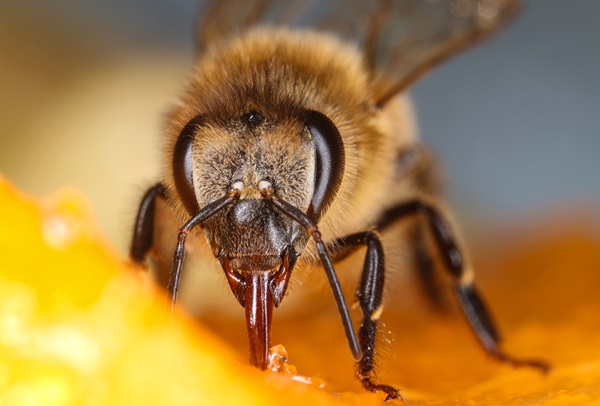
Honey bees are renowned for their role as pollinators. They visit flowers, collecting nectar and pollen, inadvertently transferring pollen grains as they move from one bloom to another. This act of pollination is vital, leading to the production of fruits and seeds. Nearly 90% of wild flowering plants and a third of the world’s food crops depend on this natural service that honey bees and other pollinators provide, illustrating their critical role in sustaining natural and agricultural ecosystems.
The contribution of honey bees extends beyond the pollination of commercial crops; they are integral to the reproduction of wild plant communities, thus maintaining biodiversity and ecosystem services. Their work ensures the survival of a wide range of plant species, which in turn supports a diverse array of wildlife. This not only beautifies the environment but also stabilizes ecosystems, making them more resilient to changes. The decline of honey bees in recent years has highlighted the essential nature of their task and the need to protect these industrious creatures.
Biodiversity Boosters

Honey bees contribute significantly to the richness and variety of life on Earth. By pollinating a vast array of plants, they promote genetic diversity and facilitate varied plant growth. This diversity ensures ecosystems are robust, adaptable, and able to provide essential services such as soil fertility, water purification, and disease regulation. The ripple effect of their pollination touches every corner of an ecosystem, supporting a multitude of organisms, including insects, birds, and mammals.
In their quest for nectar and pollen, honey bees inadvertently support the structure and function of various habitats. Their activities encourage the growth of flowering plants, which serve as food and shelter for other species. This interdependent relationship underscores the importance of honey bees in sustaining healthy, vibrant ecosystems. As biodiversity guardians, their presence indicates the health of an environment, making their conservation paramount for the preservation of ecological integrity.
Agricultural Allies
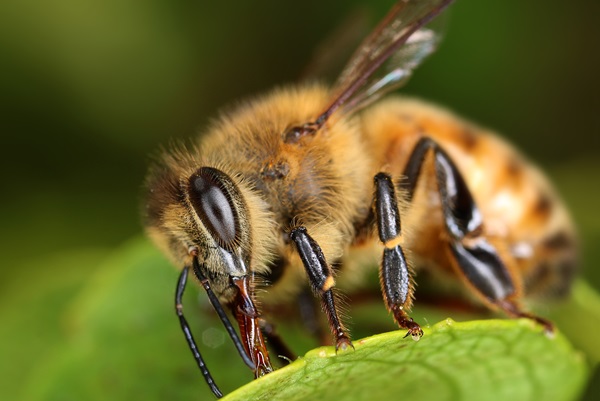
In the realm of agriculture, honey bees are unsung heroes. Their pollination services are essential to the cultivation of a wide range of fruits, vegetables, and nuts, contributing enormously to the world’s food supply. It’s estimated that one out of every three bites of food consumed globally is courtesy of pollination by bees. Their labor enhances the quality and yield of crops, bolstering food security and providing nutritional variety.
The economic value of honey bees in agriculture is staggering. By increasing crop yields and quality, they significantly contribute to global economies, particularly in regions heavily reliant on agriculture. The absence of these diligent pollinators could lead to a decrease in crop diversity, yield, and profitability, demonstrating the substantial impact they have on agricultural sustainability and economic stability. As agricultural allies, honey bees not only sustain crop health but also ensure a balanced diet and livelihood for millions.
Honey Production and its Benefits
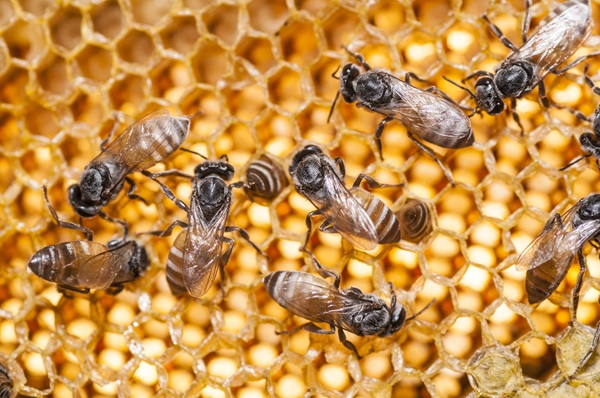
Beyond pollination, honey bees bring the gift of honey, a natural sweetener known for its unique flavors and health benefits. Honey production begins when bees collect nectar from flowers, converting it into honey through a process of digestion and evaporation. Each variety of honey is distinct, reflecting the floral sources from which it was derived. This golden elixir is not only a delight to the palate but also boasts nutritional and medicinal properties, including antioxidants, vitamins, and antibacterial agents.
The medicinal properties of honey have been recognized since ancient times. It’s used in various cultures as a treatment for wounds, digestive issues, and sore throats, among other ailments. Modern research continues to explore its potential as a natural remedy, examining its effectiveness in wound healing, allergy relief, and as an energy source. The sustainable production of honey also supports livelihoods, particularly in rural areas where beekeeping can be a significant source of income. Thus, honey bees provide the world with a treasure trove of benefits that extend from your taste buds to your well-being.
Beekeeping and Rural Livelihoods
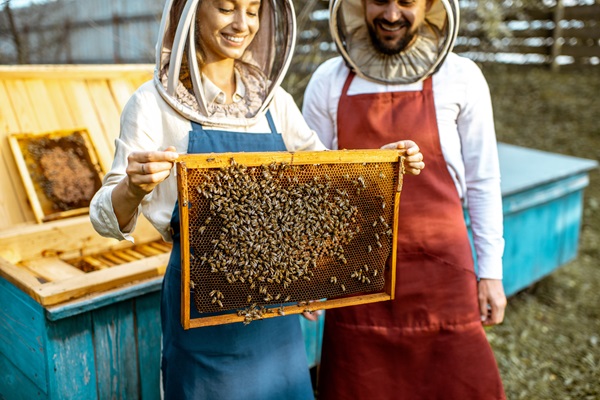
Honey bees play a transformative role in rural economies through the practice of beekeeping. This ancient craft provides a source of income and empowerment for communities, especially in developing regions. Beekeeping requires minimal investment compared to other agricultural practices, yet it yields valuable products like honey and beeswax, which can be sold or used domestically. The trade of these bee products often supports entire communities, improving living standards and fostering economic resilience.
The sustainability of beekeeping makes it an attractive practice for rural development. It not only offers economic benefits but also promotes environmental stewardship. As beekeepers manage their hives, they become guardians of local ecosystems, encouraging the conservation of bees and their habitats. This harmonious relationship between humans and bees enhances biodiversity and ecosystem health, ensuring a lasting legacy of both natural and economic wealth for future generations.
Environmental Indicators
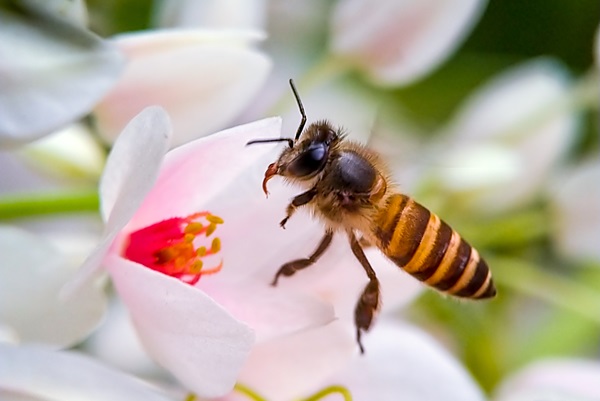
Honey bees serve as important indicators of environmental health, acting as a barometer for assessing ecological balance. Their well-being reflects the quality of the environment, including the presence of pollutants or changes in landscape and climate. A decline in bee populations often signals larger environmental issues, prompting investigation and action. Monitoring these pollinators helps scientists and conservationists detect and address ecological threats early, preserving biodiversity and ecosystem services.
Their sensitivity to environmental changes makes honey bees invaluable in the fight against ecological degradation. By observing their behavior and health, researchers can gauge the impact of pesticides, habitat loss, and climate change on the natural world. Efforts to protect and support honey bee populations thus contribute to broader environmental conservation goals, safeguarding the intricate web of life that sustains the planet.
Challenges and Conservation Efforts
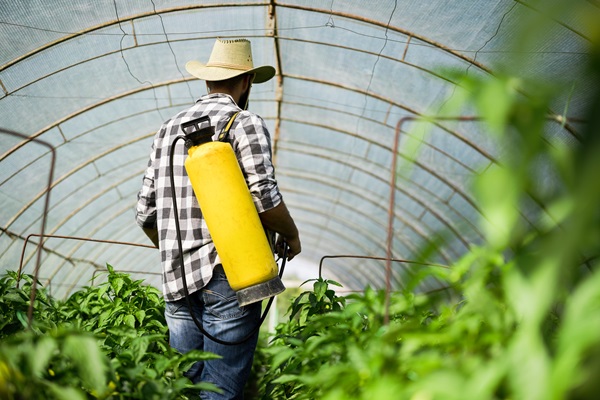
Honey bees face numerous threats, including habitat destruction, pesticides, diseases, and climate change. The loss of wildflower meadows and increased use of agrochemicals reduce their food sources and expose them to harmful substances. Diseases and parasites, such as the Varroa mite, further weaken bee colonies, leading to significant losses. These challenges not only endanger bees but also the essential services they provide, highlighting the need for concerted conservation efforts.
In response to these threats, a global movement is underway to protect honey bees and their habitats. Conservationists, scientists, and policymakers are working together to create bee-friendly environments, regulate pesticide use, and support beekeeper training and resources. Public awareness campaigns encourage individuals to plant native flowers, reduce pesticide use, and support local beekeeping. These collective efforts aim to reverse the decline of bee populations, ensuring a sustainable future for bees and the many species, including humans, that rely on them.
How You Can Help

Supporting honey bees is within everyone’s reach, and small actions can make a significant impact. Planting a variety of native flowering plants provides bees with the necessary nutrition and habitat they need to thrive. Creating a bee-friendly garden, free from pesticides, offers a safe haven for these pollinators. Additionally, providing water sources and leaving some garden areas wild can create a more welcoming environment for bees and other beneficial insects.
Beyond individual actions, supporting local beekeepers and honey producers is crucial. Purchasing locally produced honey and bee products ensures the viability of beekeeping as a profession and encourages sustainable practices. Advocating for policies that protect pollinators and their habitats also plays a vital role. By staying informed and involved, individuals can contribute to a global effort to safeguard bees and the essential pollination services they provide, ensuring a healthier and more vibrant world for all.
Embrace The Buzz Save The Bees
In recognizing the multifaceted benefits of honey bees, from bolstering biodiversity to enhancing agricultural productivity and supporting rural economies, it becomes clear that these tiny creatures play a monumental role in the world. Their well-being is intertwined with environmental health and food security. To secure a sustainable future, it is imperative to act now to conserve and support bee populations. Your individual efforts, combined with community and global initiatives, can make a profound difference in preserving the precious gift of honey bees.


